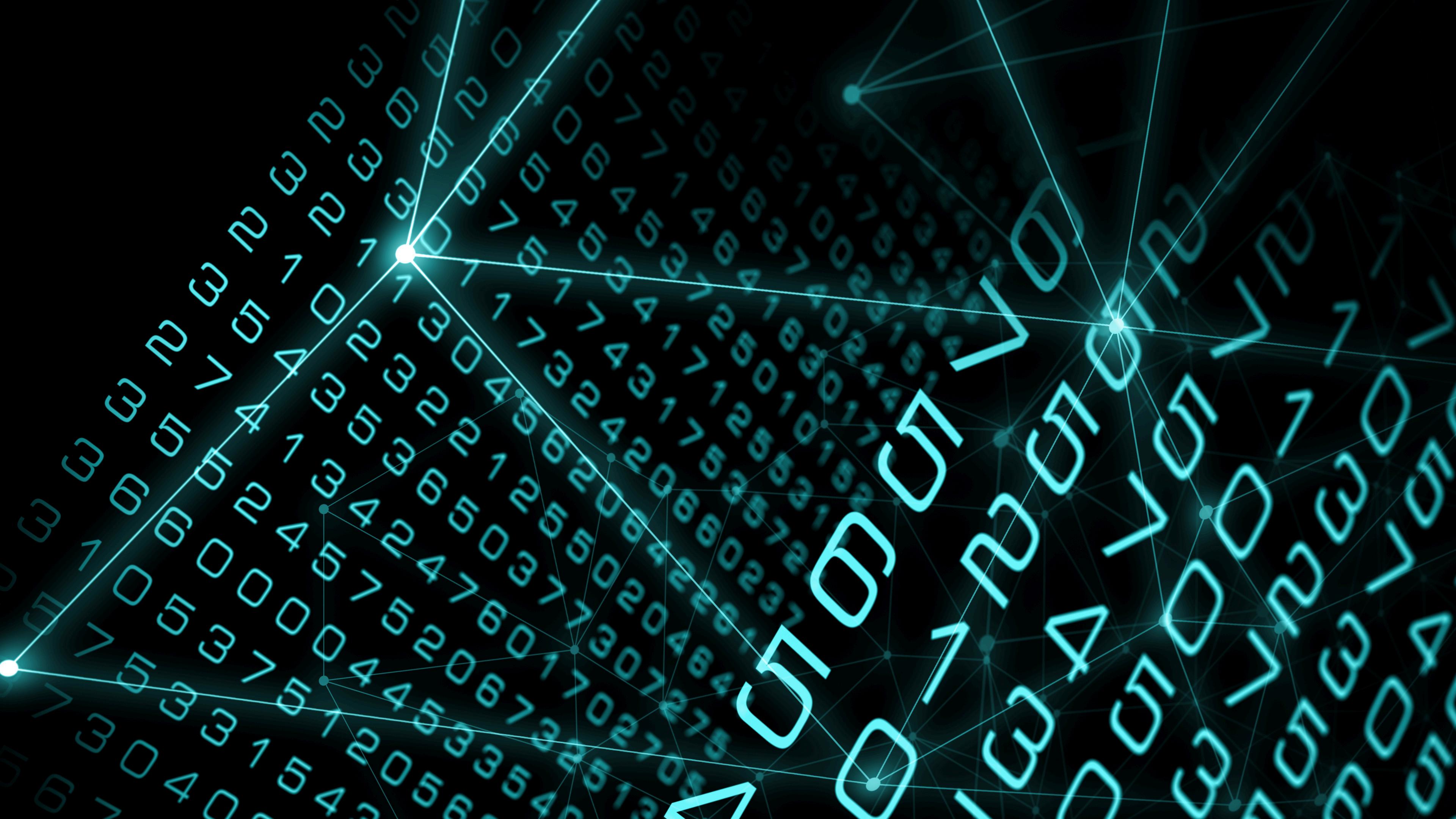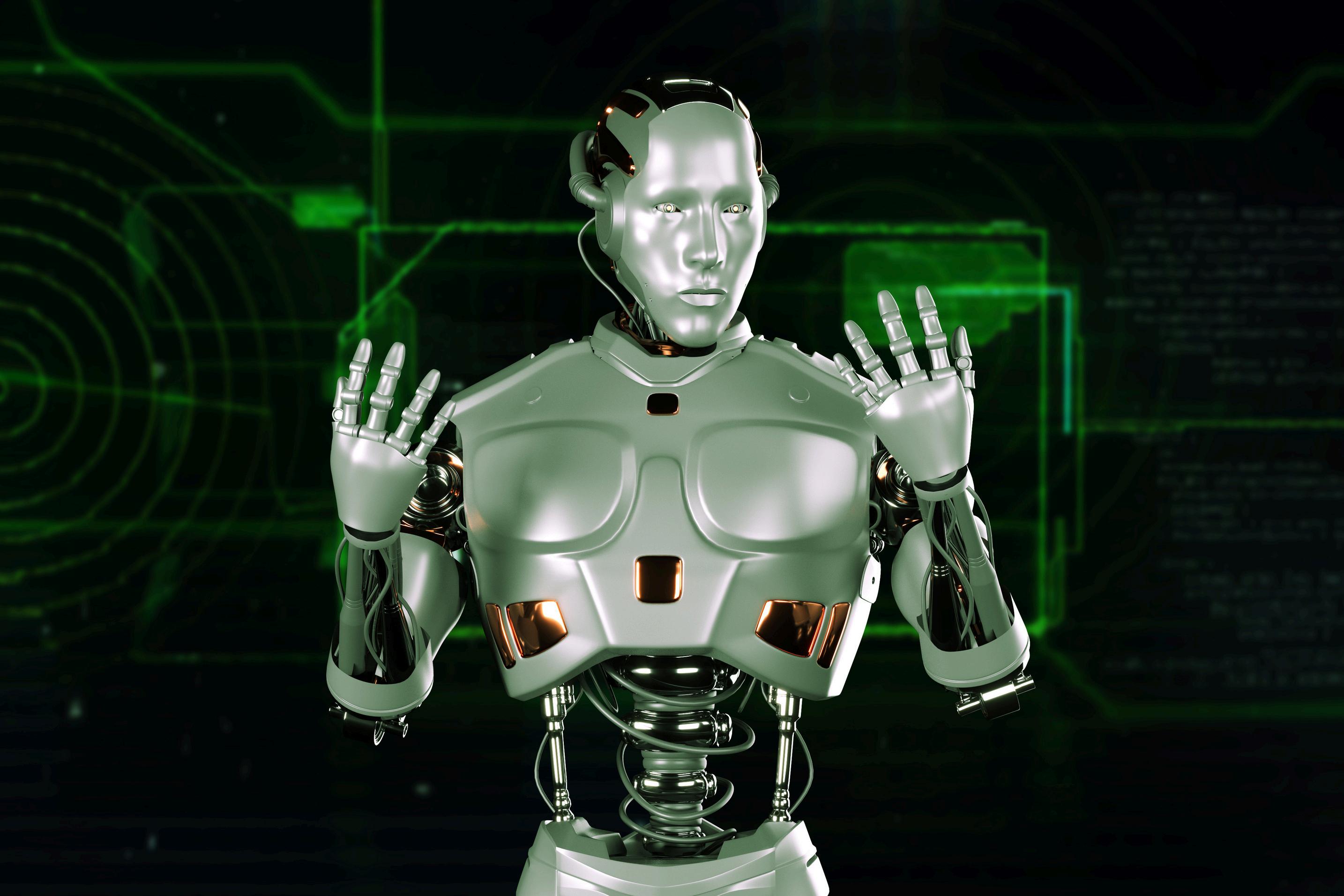MACHINE LEARNING AI AND



Machine learning is a subset of AI that empowers computers to learn from data without explicit programming It involves algorithms that analyze data, identify patterns, and make predictions. Key concepts include supervised and unsupervised learning, as well as deep learning

Supervised learning algorithms are trained on labeled datasets, learning to map inputs to outputs. They are widely used in classification and regression tasks, enabling predictions and decisions based on previous experiences.
Regr essi on 01
Cl assi f i cat i on 02
Ensembl e Met hods 03


Unsupervised learning algorithms are designed to uncover hidden patterns and structures in unlabeled data. They are often used for data exploration, dimensionality reduction, and anomaly detection.


Deep learning is a branch of machine learning that uses artificial neural networks with multiple layers to learn complex patterns from data. These networks are inspired by the structure and function of the human brain, enabling powerful capabilities in areas like image recognition and natural language processing.

Natural language processing (NLP) enables computers to understand, interpret, and generate human language It utilizes AI and ML techniques to analyze text and speech, facilitating tasks such as machine translation, sentiment analysis, and chatbot development.
APPLICATIONS MACHINE TRANSLATION
SENTIMENT ANALYSIS
TEXT SUMMARIZATION
CHATBOTS

Computer vision allows computers to "see" and interpret images and videos. It involves using AI and ML algorithms to analyze visual information, enabling tasks such as object recognition, image classification, and video analysis
Obj ect Recogni ti on
Faci al Recogni ti on
Image Cl assi fi cati on
Vi deo Anal ysi s

Reinforcement learning allows agents to learn through trial and error, interacting with an environment and receiving rewards for desired actions It's widely used in game playing, robotics, and autonomous systems, enabling agents to adapt and optimize their behavior over time.

AI and ML are revolutionizing various industries, impacting our lives in countless ways. These technologies offer solutions to complex problems, enhancing efficiency, productivity, and decision-making across different sectors.
HEALTHCARE
FINTECH


The future of AI and ML holds immense promise, with continued advancements expected in areas like natural language processing, computer vision, and robotics. As these technologies evolve, they will further transform our lives, leading to new innovations, increased efficiency, and a more interconnected world.

NEED PROFESSIONAL PRESENTATION FOR YOUR BUSINESS? w w w . p r o j e c t z o . c o m
